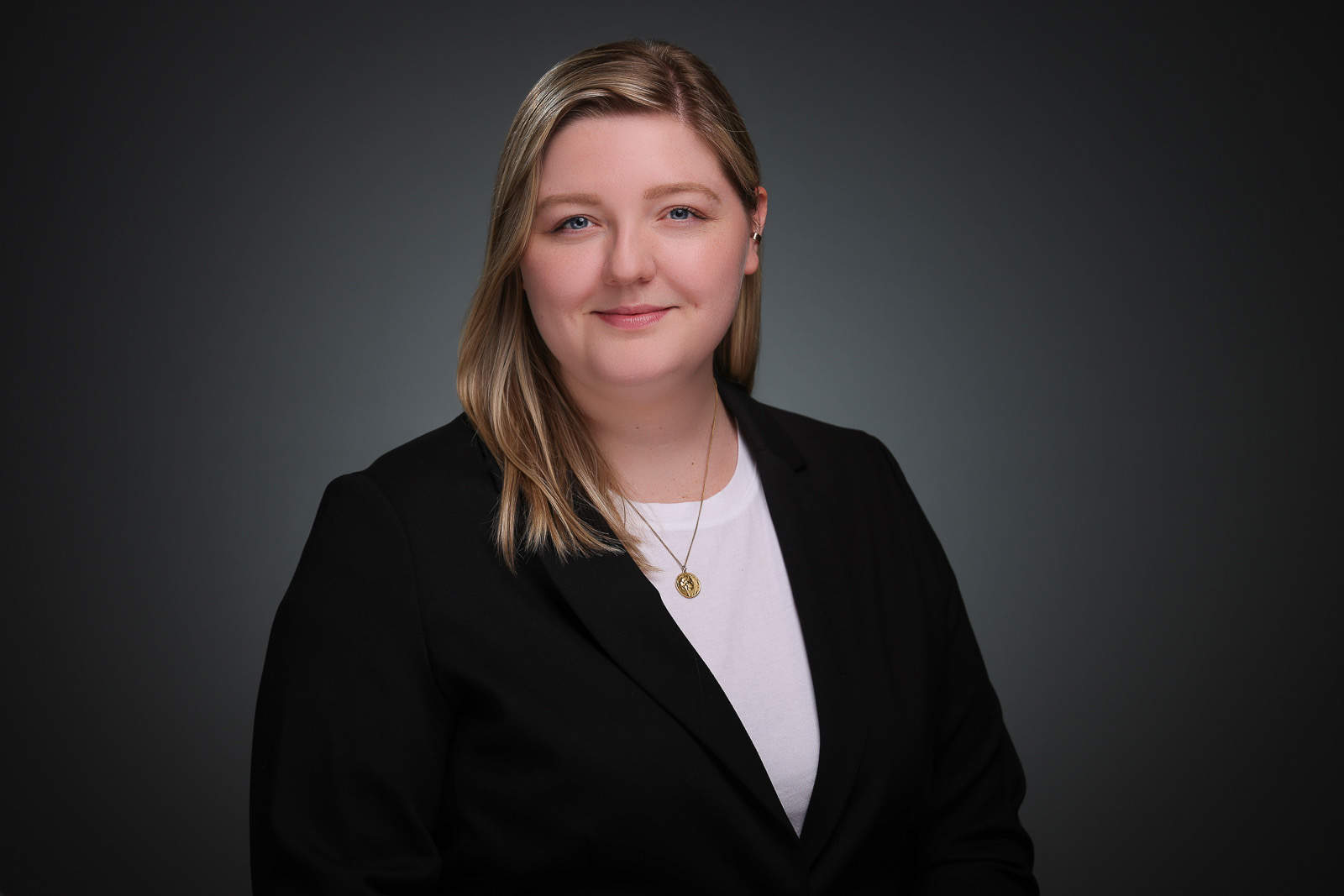Norma Delarosa, 28, and her husband, Jonathan, call Wayne County, North Carolina home. Together with their three children, ages 12, 6, and two and a half, they’re building a future for their family. “If anyone’s going to have a voice for our kids, it’s going to be me and my husband,” says Norma. “What we want for them is to stay safe in school and be healthy and not worry about the day-to-day issues my husband and I are worrying about.”
Norma works part time at a real estate office. “With three kids, I have to manage dropping them off and picking them up from school,” she says. She and her husband also own a home remodeling business. “My husband does the construction, and I manage the books.”
Growing up, Norma and her brothers all had Medicaid. The youngest child and only daughter of a single parent, she saw how hard her mom worked to provide for their family. “We had Medicaid,” she says. “I guess you can say we were part of the ‘system.’”
During each of her pregnancies, Norma was diagnosed with pregestational diabetes. After her first two pregnancies, her blood sugar levels returned to normal. However, when she tested her blood sugar levels after her most recent pregnancy, she was told she was prediabetic. “I did everything the doctors said I could do on my own to get my blood sugar levels back to where they should be—things like working out and dieting,” she says. “My mother had diabetes, my brother has diabetes, all my uncles and aunts have diabetes; there’s a family thing going on here.”
Norma’s mother died when she was 15. “My daughter is 12 now, and all I want is to be able to take care of myself so I can take care of my children,” she says. “But there are some issues with Medicaid that make it hard for me to get the medication I need to stay healthy for my family.”

Norma and her family are insured through Medicaid now; while it’s helped them all access healthcare to one degree or another, Norma says that she’s noticing fewer providers that accept Medicaid. “There’ve been times when I’ve had to take my children to the emergency room because there isn’t a doctor anywhere in the area that accepts Medicaid or has any availability.”
Sometimes, Norma says, if things get urgent or desperate enough, she will find any provider that’s available and pay out of pocket. “It can be tough when you’re not expecting that expense, but when you need care, there really isn’t another option.”
Over the past few years, there’s been a lot of changes to Medicaid policy. Between Medicaid expansion, which extended healthcare coverage to more than half a million North Carolinians, the “unwinding,” which was a process that affected the recertification process, and the rollout of tailored plans, which affected certain beneficiaries receiving certain types of healthcare coverage and assistance, Norma says there’s a learning curve with Medicaid.
“Sometimes the most important information you need isn’t accessible,” she says. “If you don’t have reliable access to a computer or if you speak a different language, or even if you’ve moved, it can be hard to know about your Medicaid coverage.”
When asked about the best thing advocates, administrators, and decision makers can keep in mind when working with Medicaid policy, Norma’s answer was simple: communication. “Open communication can make all the difference.”
Norma says that she and her husband pray that they have the strength and knowledge to be able to make the life they want for themselves. “I tell my husband all the time that I don’t want to be rich, I just want to be stable. I don’t want God to give it to me, I want him to guide me.”
“My husband and I are trying to break some cycles in our own family. We’re putting God first and working hard to step forward and try to get fully out of the system,” says Norma. “But when you’re thinking about the impact of all these things on what you want for your family and for your own future, it keeps you up at night.”

